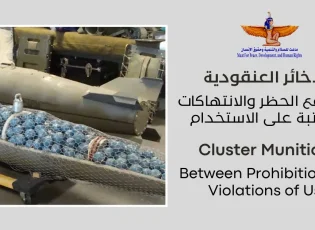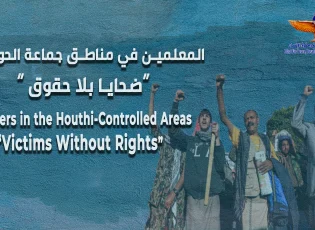Introduction
The problems suffered by countries worldwide have resulted in a marked increase in the number of fragile states that are incompetent to carry out the core functions of administration, practice good governance and impose sovereignty. The diminishing role played by states has opened the gates wide for non-state violent or armed actors that have political, economic or ideological agendas and seek to achieve their goals by any means including violence, thus they pose a real danger to undermining internal security and threatening regional stability. All this is even aggravated by causing serious structural problems in political systems. As a result, foreign interventions and proxy wars appeared clearly in the global and regional contexts, especially in the Middle East region, depending directly on non-state actors to achieve their strategic agendas, increase their expansion and growth, and impose their foreign policies.
The activities of non-state armed actors vary depending on their capabilities and goals. Some actors that aspire to undermine internal security and stability, battle and overthrow governments, or gain autonomy, such as the Nigerien Movement for Justice in northern Niger, Al-Nusra Front in Syria, the Tripoli Revolutionaries Brigade (TRB) in Libya, and the Rapid Support Forces (RSF) in Sudan. The influence of actors may go beyond the regional circle, such as the Boko Haram organization, the Lebanese Hezbollah, Daesh and the Houthis in Yemen. Some organizations may be active on a global scale such as Al-Qaeda, which has a wide network and is perceived as a serious threat to global security and stability. All this has given rise to what is known as the ‘commodification of security’, which is carried out by private security and military companies (PMSCs), topped by Russia's Wagner group and America’s Blackwater.
Indeed, the growing role played by non-state actors is much more effective than that of governments and state actors; with the former’s impact extending beyond states' borders and being experienced on a global level. Non-state armed groups’ growing expansion and spread pose a real threat to international peace and security, especially in light of the marked rise in arms trade and smuggling, as well as the rapid technological developments that enabled such organizations and fueled their pursuit to achieve their self-interest goals on the expense of states and peoples.
In this study, Maat for Peace, Development and Human Rights analyzes the role played by these forces in undermining the stability and security of many countries in which they are active, as well as their role in arms illicit flows and the ensuing violations of all rights recognized by international laws and norms by focusing on two case studies; the Wagner Group, being a PMSCs, and the RSF and the Houthi groups, as state-threatening militias.

 |
 |











